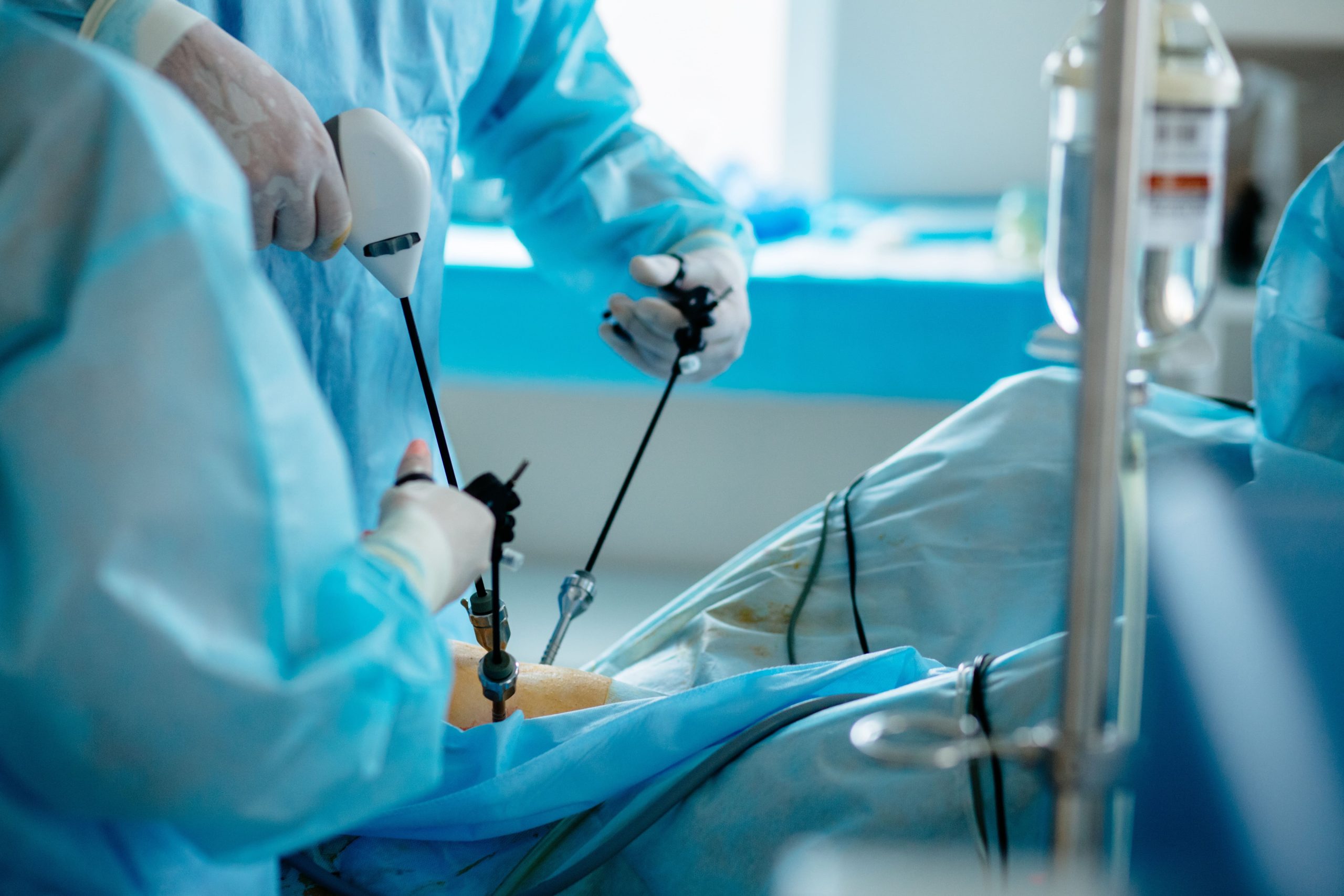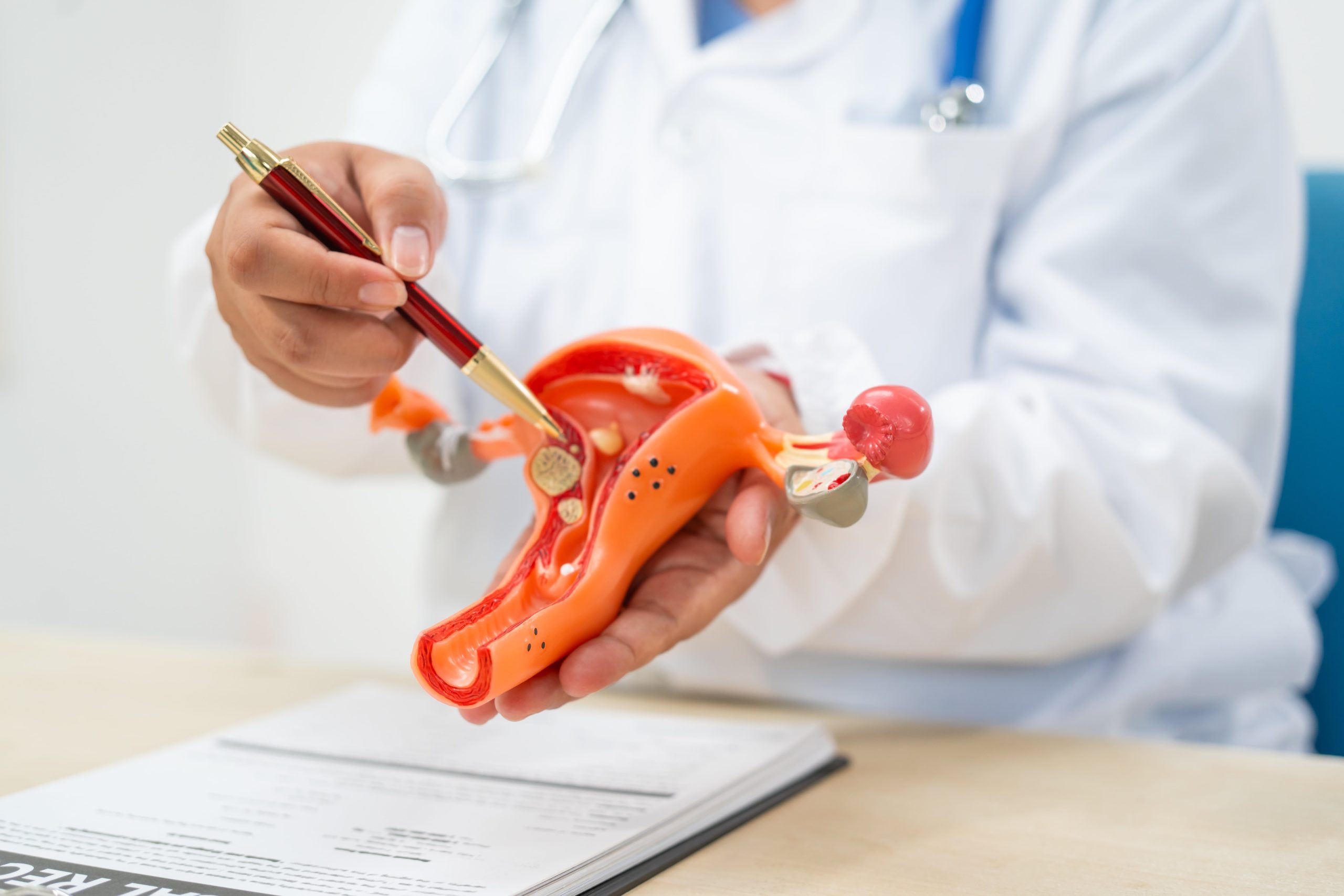If you’re a woman dealing with ovarian cysts and considering surgery, it’s natural to feel anxious about it. You can alleviate some of that anxiety and better prepare for the procedure by understanding the surgical process and what to expect. Here’s a guide to help you.
Understanding ovarian cysts
Ovarian cysts are sacs that grow on or within an ovary. Most of these fluid-filled sacs are benign and resolve on their own without treatment. However, some cysts can cause symptoms or complications that necessitate medical intervention, including surgery.
Ovarian cyst treatment options
For small cysts, your doctor may recommend medications or a period of watchful waiting with regular follow-ups to monitor the cyst.
If the cyst is large, symptomatic, or potentially cancerous, your doctor may recommend surgery to remove it. This prevents complications such as rupture or torsion, which can lead to severe pain and other health issues. Removing the cyst also allows for a thorough examination to rule out any malignancy.
Is Surgery Right for Me? Talk to Dr ChangLaparoscopic surgery for ovarian cyst
Laparoscopic surgery is the most common method used to remove ovarian cysts. This minimally invasive procedure involves making small incisions in the mid-section through which a laparoscope and surgical instruments are inserted.
Pre-surgery preparation
Preparing adequately can ensure a smooth surgery and recovery process. Here are some steps to take before the surgery:
- Medical evaluation: Your doctor will do a thorough medical evaluation, including blood tests and imaging, to check your overall health and ensure you’re fit for surgery.
- Preoperative instructions: Follow any preoperative instructions provided by your healthcare team. This may include fasting the night before surgery, stopping certain medications, and arranging for assistance to and from the hospital.
- Discuss medications: Inform your doctor about all medicines, supplements, and herbal remedies you are taking. You may need to stop some of these medications before surgery to prevent complications.
- Plan for recovery: Arrange for someone to assist you at home during the initial days after surgery, as you may need help with daily tasks.
During surgery
Laparoscopic surgery for ovarian cyst removal usually takes about 1 to 2 hours and is done under general anaesthesia. The surgeon makes a few small incisions in your lower abdomen and inserts the laparoscope to visualise the cyst and surrounding organs.
The surgeon uses specialised instruments to carefully remove the ovarian cyst. If necessary, a small portion of the ovary may also be removed. The incisions are sutured or taped.
Learn More About Our Minimally Invasive TechniquePost-surgery care
After surgery, you will be wheeled to a recovery room, where you’ll be observed as the anaesthesia wears off. Here are some things to take note of for post-surgery care:
- Pain management: Some pain is expected after laparoscopic surgery for ovarian cyst. Your doctor will give pain relief medications to help manage discomfort.
- Activity restrictions: It’s essential to avoid heavy lifting, vigorous activities, and sexual intercourse for a few weeks post-surgery. Your doctor will provide guidelines based on your case.
- Follow-up: A follow-up appointment will be arranged to check your recovery progress and address any concerns.
Recovery time
Most women can return to their normal activities within 1 to 2 weeks. Factors that influence recovery time include the size and complexity of the cyst, your overall health, and adherence to post-operative care instructions.
Potential complications
While laparoscopic surgery for ovarian cysts is generally safe, it does carry some risks. Potential complications may include:
- Infection: If you have fever, redness or discharge at the incision site, that could signal an infection.
- Bleeding: Excessive bleeding is rare but possible. It could occur during or after surgery.
- Damage to Surrounding Organs: There is a small risk of injury to nearby organs.
- Blood Clots: Surgery can heighten the risk of blood clots, particularly in the legs (deep vein thrombosis). Moving around as soon as possible post-surgery can help reduce this risk.
- Adhesions: Scar tissue may develop in the pelvis, causing pain or complications in the future.
Seek treatment in Singapore for ovarian cysts
Learning about the procedure and knowing how to prepare for it may help you approach your ovarian cyst surgery with confidence and focus on your recovery.
Dr Chang provides personalised treatment plans to help you through every step of the process. Dr Chang performs minimally invasive laparoscopic surgery for ovarian cysts, ensuring a quicker recovery and minimal discomfort.
Schedule a consultation.


